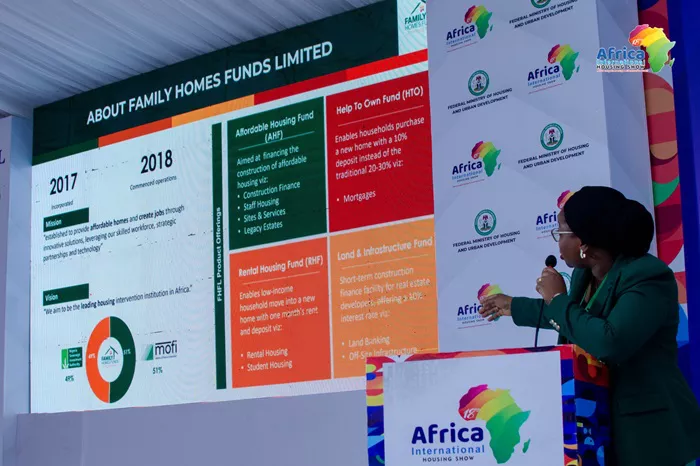The Australian Consumers Insurance Lobby Inc (ACIL) is pushing for significant changes to the Insurance Council of Australia’s (ICA) General Insurance Code of Practice, particularly in relation to expert reports used in insurance claims. ACIL, representing insurance consumers, has expressed concerns that the recent Independent Review Initial Report of the Code and the Industry Best Practice Standard on the Use of Expert Reports fall short in addressing key issues.
ACIL’s primary concern is the lack of accountability for the accuracy and quality of expert reports, which are frequently used by insurers in assessing claims. While the Industry Best Practice Standard outlines how insurers should utilize these reports, ACIL pointed out that there are no clear requirements for the experts themselves to ensure the reliability of their conclusions.
According to ACIL, insurers have been sluggish in adopting the new standards for using expert reports. When consumers raise concerns about the accuracy of these reports, insurers often fail to address these complaints adequately. The lobby group emphasized the need for stronger regulation to protect consumers, who are often left at a disadvantage when disputes arise.
ACIL has highlighted several areas where the use of expert reports needs significant improvement:
Evidence-Based Conclusions: Experts should be required to present sufficient evidence to back up their findings.
Accurate Application of Regulations: Reports should accurately reference and apply relevant building codes and industry regulations.
Consideration of Certified Solutions: In cases involving defects, experts must consider whether certified performance solutions have been used.
Thorough Investigations: Experts should conduct comprehensive investigations, especially in complex claims, and follow up with additional assessments when necessary.
Transparency on Inconclusive Findings: Experts should be transparent when their findings are inconclusive, rather than making interpretations that might favor insurers.
ACIL also raised alarms about the potential for insurers to influence the opinions of experts, especially in situations where vendor contracts may incentivize claim denials or reductions. Furthermore, ACIL pointed out that consumers often shoulder the financial burden when they dispute expert reports, creating an unfair imbalance.
To address these issues, ACIL is advocating for insurers to provide independent options for consumers to challenge expert findings, ensuring that consumers have a fair opportunity to contest potentially biased or inaccurate reports.
ACIL is calling on the ICA to address these gaps in the General Insurance Code of Practice and strengthen consumer protections, particularly concerning the use of expert reports in claims assessments. ACIL’s CEO, Shandiman, stressed that the current lack of regulation leaves consumers vulnerable.
“The insufficient regulation surrounding expert reporting standards creates a power imbalance that negatively impacts consumers, who often bear the financial burden of challenging expert opinions,” Shandiman said.
He also highlighted that the Australian Securities and Investments Commission (ASIC) has indicated it will be increasing scrutiny of claims management processes. If insurers fail to proactively address these concerns, they may face heightened regulatory pressure from ASIC.
ACIL has affirmed its commitment to working with the ICA to resolve these issues, ensuring that the revised Code of Practice provides stronger protections for consumers.
The review of the General Insurance Code of Practice is being led by an independent panel chaired by Helen Rowell, former deputy chair of the Australian Prudential Regulation Authority (APRA). The panel recently released an initial report, which included recommendations for updating the code based on submissions from 23 stakeholders, including insurers, consumer groups, and regulators.
Rowell emphasized the importance of the Code in protecting consumers, particularly small businesses and individuals, and noted that the review presents a chance to significantly enhance consumer protections.
A second consultation paper is expected to be released by the end of 2024.
You Might Be Interested In






















